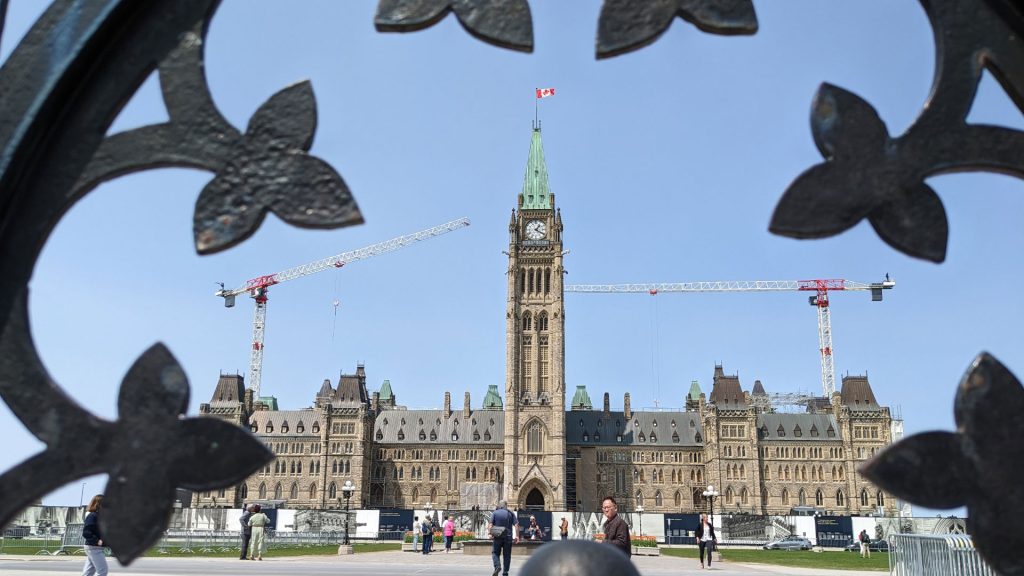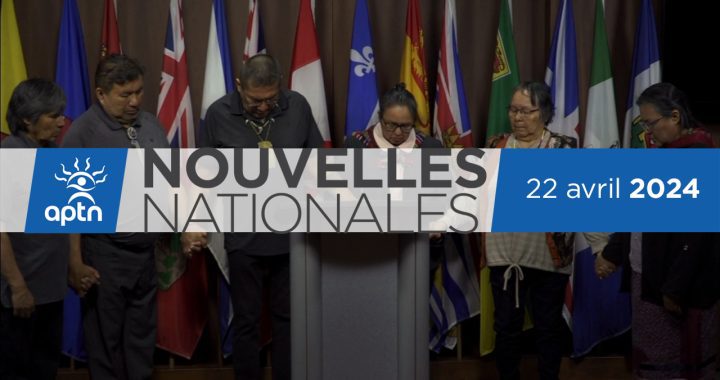
A parliamentary committee says Indigenous Services Canada is failing to provide First Nations communities with adequate resources for emergency management to help mitigate the impacts of events like wildfires and floods.
The standing committee on Indigenous and Northern Affairs released its report studying Arctic Security and Sovereignty and Emergency Preparedness of Indigenous communities last Wednesday.
“Overall, Indigenous Services Canada did not provide the support First Nations communities needed to manage emergencies such as floods and wildfires, which are happening more often and with greater intensity,” said the Auditor General in their report provided to the committee.
Indigenous Services Canada (ISC) is the department responsible for ensuring First Nations receive emergency assistance services and negotiates emergency management agreements with the provinces and service providers.
The report says emergencies such as wildfires and floods “place a devastating burden” on communities due to remoteness, inadequate funding and infrastructure, and limited human resources.
First Nations peoples are “18 times more likely to be evacuated because of an emergency event compared to non-First Nations communities,” according to the Assembly of First Nations Emergency Response Sector.
Karen Hogan, the Auditor General of Canada told the committee, “In the last 13 years, First Nations communities experienced more than 1,300 emergencies leading to the displacement of over 130,000 people.”
In early June, the federal government announced that this year’s wildfire season is the worst that Canada has experienced in the 21st century and Indigenous communities are at higher risk of being affected by fires.
As of Sunday, there are 460 fires raging across Canada and more than 7.6 million hectares have burned in 2023 say statistics by the Canadian Interagency Forest Fire Center. In the coming years, the disproportionate amount of First Nations affected by emergencies is expected to increase because of climate change.
Read More:
Environment Canada warns of higher than normal temperatures this summer
Canada in the midst of its worst spring wildfire season: feds
More money spent on responding than emergency management
Hogan told the committee that ISC spent nearly four times more on responding to and recovering from emergencies than on preparing and equipping communities for them in advance.
Additionally, found a significant backlog of community mitigation projects proposed by First Nations communities that did not receive funding from ISC. Structural mitigation projects are infrastructure designed to help prevent or reduce the effects of emergencies, such as culverts to mitigate flooding.
“We found the department had a backlog of 72 unreviewed structural mitigation project proposals that it had not yet reviewed to determine if they were eligible for funding,” said Hogan.
“Furthermore, the annual budget they set aside for structural mitigation is only $12 million and at the current rate, it would take almost 24 years for all 112 projects just to be funded.”
The committee found that community-driven initiatives for emergency evacuations are more effective than relocating to a host community. The report notes that funding First Nations to remain on their lands in emergencies is less expensive and reduces the need for accommodation space in host communities.
Each spring, Kashechewan First Nation, a fly-in community in northern Ontario is evacuated due to flooding or the risk of flooding. However, in the spring of 2020 and 2021, the community received funding from ISC to move to higher ground in their traditional hunting camps rather than evacuate to a host community.
“While they were living on their land, members participated in safe and culturally relevant activities, such as traditional community food harvesting and gathering, intergenerational knowledge sharing, and Indigenous language education,” said the Auditor General’s report.
Among the committee’s recommendations are for Ottawa to provide additional funding for mitigation projects, ensure that emergency management responses are culturally safe and appropriate, provide resources to communities without emergency response plans, and implement emergency alert systems in Indigenous communities.
The report also outlined the disproportionate effects of climate change on the Arctic region and recommends the government invest in net-zero and climate-resilient infrastructure, renewable energy systems, and capacity building for the North.
APTN News reached out to Indigenous Services Canada for comment but did not receive a response by publication.










